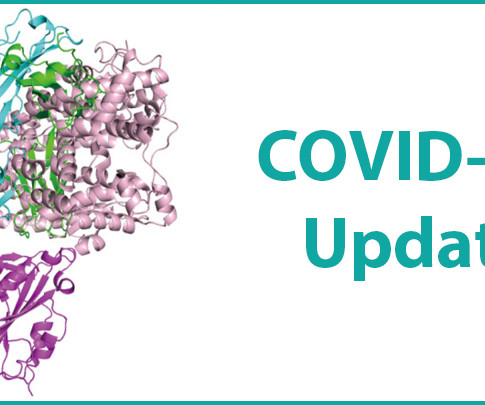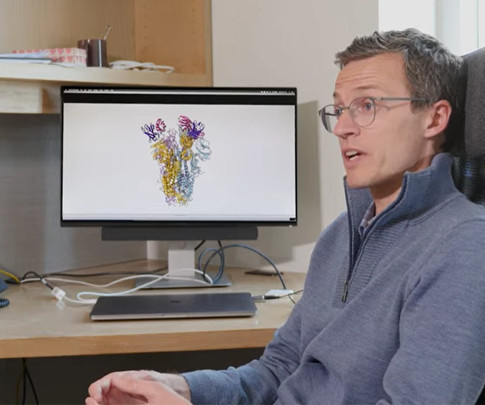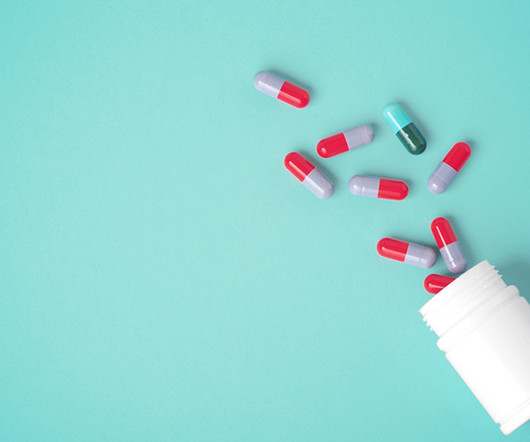Enlisting Monoclonal Antibodies in the Fight Against COVID-19
NIH Director's Blog: Drug Development
MAY 21, 2020
Because of these and other factors, many experts think antibody-based therapies may offer one of the best near-term options for developing safe, effective treatments for COVID-19. References : [1] Humoral immune response and prolonged PCR positivity in a cohort of 1343 SARS-CoV 2 patients in the New York City region. In the U.S.











Let's personalize your content